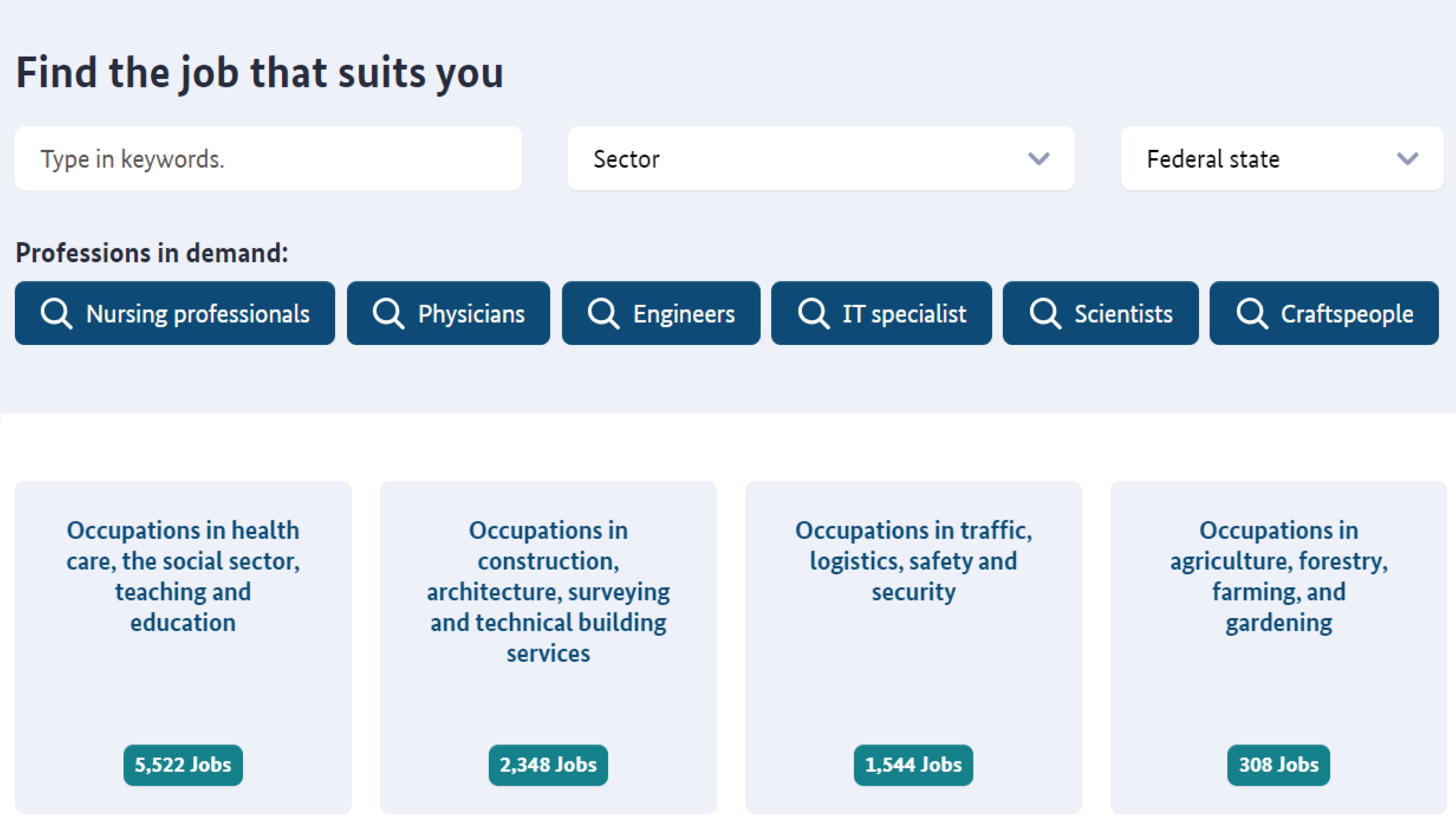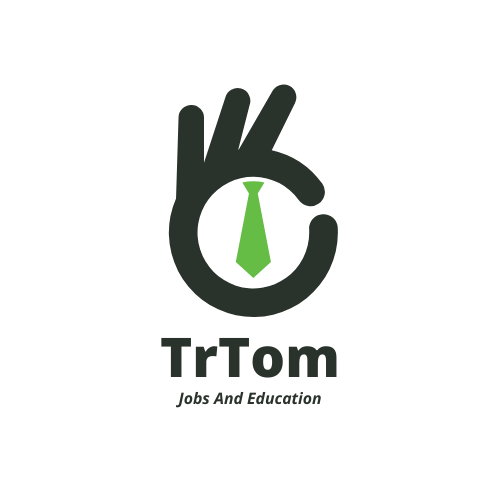Introduction
Overview of Medical Job Market in Germany
Germany boasts a robust medical job market, necessitating skilled healthcare professionals to meet the increasing demand. This has particularly been beneficial for foreign doctors seeking opportunities. Key highlights of the medical job market include:
- High Demand: Germany faces a shortage of medical professionals, making it an attractive destination for international doctors.
- Recognition of Qualifications: The pathway for foreign doctors often involves recognition of their qualifications, which can lead to varied opportunities in hospitals and clinics.
- Financial Support Options: Many agencies provide financial assistance to help foreigners navigate the job market and obtain necessary certifications.
Navigating this landscape can open doors for many aspiring medical professionals, who are eager to contribute to the healthcare field in Germany.
Government Grants for Medical Professionals
Federal Funding Programs
The German government recognizes the contribution of foreign medical professionals in addressing the healthcare needs, thus initiating various federal funding programs. One notable initiative is the Recognition Grant, which allows up to €600 to be reimbursed for the costs associated with recognition procedures or statements of comparability. This funding can ease the financial burden for medical professionals, enabling them to focus on achieving their certification instead of worrying about costs. To qualify:
- You must reside in Germany.
- Your financial income must be below specified thresholds (e.g., €26,000 for singles).
- You must request the grant before undertaking any recognition process.
The program covers costs for translations, verification of qualifications, and procedural fees, thereby facilitating a smoother transition into the German healthcare landscape.
State-specific Support Initiatives
In addition to federal programs, various states have tailored support initiatives aimed at assisting medical professionals, especially those new to the country. For instance, many states offer grants that help cover living expenses while job-seeking or pursuing qualifications. Examples of state-level support include:
- Hamburg’s Grant Program: Offers financial support specifically for living expenses and training costs.
- Regional IQ Networks: Provide training to address the specific differences between foreign qualifications and German standards.
These localized efforts not only provide financial assistance but also improve integration by connecting medical professionals with resources and networks within their states. For those in Germany, exploring both federal and state initiatives can unveil valuable resources that may significantly extend their opportunities in the job market.
Private Grants and Scholarships
Pharmaceutical Companies’ Grants
Pharmaceutical companies play a crucial role in funding research initiatives, offering grants and scholarships tailored for medical professionals aiming to advance their expertise or innovate within the industry. This financial support can significantly alleviate the costs associated with research projects, conferences, or advanced training. Some notable aspects of these grants include:
- Targeted Funding: Grants typically focus on research areas related to the company’s products or therapeutic areas of interest.
- Collaboration Opportunities: Often, these grants require partnerships with research institutions or universities, fostering collaboration between academia and industry.
- Scholarships for Education: In addition to research funding, companies may offer scholarships for medical students or professionals pursuing further qualifications.
In this way, pharmaceutical companies not only invest in the research landscape but also contribute to developing the next generation of healthcare experts. This collaboration enriches the medical field, leading to innovative treatments and improved patient care, which is essential for the evolving healthcare environment.
Non-Profit Organizations Offering Financial Support
Charitable Foundations
In addition to governmental support, various charitable foundations in Germany provide essential funding opportunities for medical professionals and researchers. These organizations have made it their mission to drive social change through financial aid for innovative projects. Some prominent charitable foundations include:
- Robert Bosch Stiftung: Known for supporting initiatives that address social needs in Germany and beyond, contributing to health, education, and research.
- Gerda Henkel Stiftung: Focuses on projects in the humanities, offering financial support to scholars and researchers.
- Siemens Stiftung: Engages in educational and social projects, promoting innovation and access to knowledge.
These foundations often prioritize funding based on specific criteria, targeting projects that foster community growth or address pressing social issues. This financial support can be crucial for many professionals aiming to make an impact in their field. By tapping into these resources, individuals and organizations can enhance their ability to initiate meaningful change within society.
Eligibility Criteria for Grant Applications
Education and Training Requirements
When considering applying for grants, particularly in the medical and vocational fields in Germany, certain education and training requirements must be met. Understanding these criteria can streamline the application process and increase the likelihood of funding approval. Key requirements typically include:
- Recognized Qualifications: Applicants should possess a professional or higher education qualification that is recognized in Germany.
- Proof of Training: Documentation demonstrating successful completion of related training courses may be required.
- Language Proficiency: A good command of the German language (often at least B2 level) is critical for many programs.
These prerequisites ensure that applicants are not only qualified but also prepared to engage actively in their professional field. By meeting these standards, individuals can better position themselves for financial support that can propel their careers forward. As a result, applying for grants becomes a more practical step towards achieving professional goals.
Application Process for Medical Grants
Documentation Needed
When applying for medical grants in Germany, providing the right documentation is crucial to ensure a smooth application process. Here’s what you typically need to prepare:
- Proof of Residency: A certificate of registration from the local residents’ registration office (Einwohnermeldeamt) to confirm your residence in Germany.
- Educational Certificates: Copies of your relevant qualifications, such as your medical degree, must be translated into German if necessary.
- Grant Application Form: Complete and submit the specific grant application’s form to the funding authority.
- Proof of Financial Situation: Include documentation that outlines your income, particularly if applying based on financial need.
By gathering these documents beforehand, you not only expedite your application but also enhance your chances of securing the necessary funding to advance your medical career. Engaging with local support organizations can help clarify any additional requirements tailored to individual funding programs.[11][12]

Tips for a Successful Grant Application
Crafting a Compelling Personal Statement
A strong personal statement can set your application apart when applying for medical grants in Germany. This is your chance to showcase your passion, experiences, and motivation. Here are key elements to include:
- Personal Journey: Share your unique background and what led you to pursue a career in medicine.
- Goals and Aspirations: Outline your career objectives and how the grant will help you achieve them.
- Relevant Experience: Highlight any significant experiences, such as volunteer work or previous research projects, that align with your goals.
An engaging personal statement not only reflects your commitment but also connects emotionally with reviewers, enhancing your chances of securing the grant. Take the time to draft and revise, ensuring clarity and authenticity shine through.
Impact of Financial Support on Job Seekers
Advantages of Grant Assistance
Financial support can significantly alleviate the pressures faced by job seekers, particularly in the medical field within Germany. Grants, such as the recognition grant, offer numerous advantages that empower individuals to pursue their professional aspirations. Some key benefits include:
- Reduced Financial Burden: With costs of up to €600 reimbursed, job seekers can focus on critical tasks like preparing for exams and translations without the stress of financial constraints.
- Access to Training: Grants facilitate access to essential training programs, bridging gaps between qualifications and job market requirements.
- Increased Employability: By enabling individuals to obtain necessary certifications, financial support enhances employability in a competitive market.
These advantages not only support individual career growth but also contribute to a stronger workforce, ultimately benefitting the healthcare sector as a whole. Many who have utilized such grants find themselves better equipped and more confident in taking the next steps toward a fulfilling career.
Case Studies: Successful Grant Recipients
Real-life Examples
Understanding the real-world impact of grants can inspire new applicants. Take, for instance, Maria, a foreign medical graduate who successfully secured the recognition grant. With funding of up to €600, she covered the costs for the necessary translations and fees related to her recognition procedure.
- Maria’s Success: Thanks to the financial support, she could focus entirely on preparing for her medical licensing exams rather than worrying about expenses.
- Ahmed’s Journey: Another example is Ahmed, who utilized a grant for additional language training, enhancing his communication skills for interacting with patients, which later played a significant role in securing a job in a renowned hospital.
These cases illustrate how access to financial support not only eases the burden of qualifications recognition but also fosters successful integration into the healthcare system, leading to fulfilling careers.
You can also read on: Streamline Your HR Processes with Payworks: A Strategic Approach
Conclusion
Summary of Key Points
Navigating the world of grants and financial support in Germany can greatly enhance opportunities for international medical professionals and researchers. Here are the critical takeaways:
- Recognition Grant: Applicants can receive financial support of up to €600 to cover recognition-related costs.
- Diverse Opportunities: Various grants and scholarships are available through organizations like DAAD, DFG, and numerous foundations.
- Application Process: Meticulous preparation of documents will streamline applications and maximize success chances.
Embracing these resources not only aids personal growth but also contributes to the broader healthcare community in Germany. The journey may be challenging, but the rewards can be significant, leading to a fulfilling professional life.
You can also read on: Your Educational Goals with Walsh University’s Convenient Masters Programs

